China coronavirus: World Health Organisation says virus is not a global health emergency yet
The World Health Organisation is divided on a global emergency declaration as China locks down five cities.
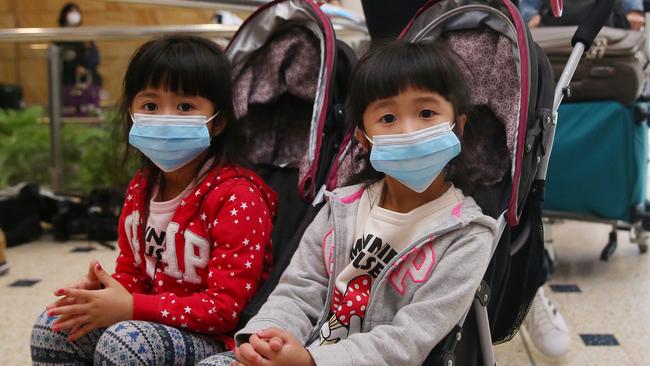
The World Health Organisation said it will not declare the coronavirus outbreak in China to be a global health emergency on Friday, after an emergency committee was divided about the scope of the illness.
“Make no mistake. This is an emergency in China, but it has not yet become a global emergency,” Dr Tedros Adhanom Ghebreyesus, director general of the agency said.
WHO’s evaluation came after Chinese authorities moved to lock down five cities and cancelled major events in the capital, Beijing, during the Lunar New Year holiday period to try to contain the new virus.
The decision “should not be taken as a sign that WHO does not think the situation is serious or that we’re not taking it seriously. Nothing could be further from the truth,” Mr Ghebreyesus said. “WHO is following this outbreak every minute of every day.”
This should not be taken as a sign that @WHO does not think the situation is serious. WHO is following this new #coronavirus outbreak every minute of every day, at country, regional and global level. I will not hesitate to reconvene the committee at a moment’s notice if needed.
— Tedros Adhanom Ghebreyesus (@DrTedros) January 23, 2020
The United Nations health agency based the decision after independent experts spent two days assessing information about the spread of the newly identified coronavirus.
“It’s too early to consider this as a public health emergency of international concern,” Didier Houssin, the chair of the emergency advisory committee, said, noting that the panel “was very divided, almost 50-50.”
WHO defines a global emergency as an “extraordinary event” that constitutes a risk to other countries and requires a coordinated international response. Previous global emergencies have been declared for the emergence of Zika virus in the Americas, the swine flu pandemic, and polio.
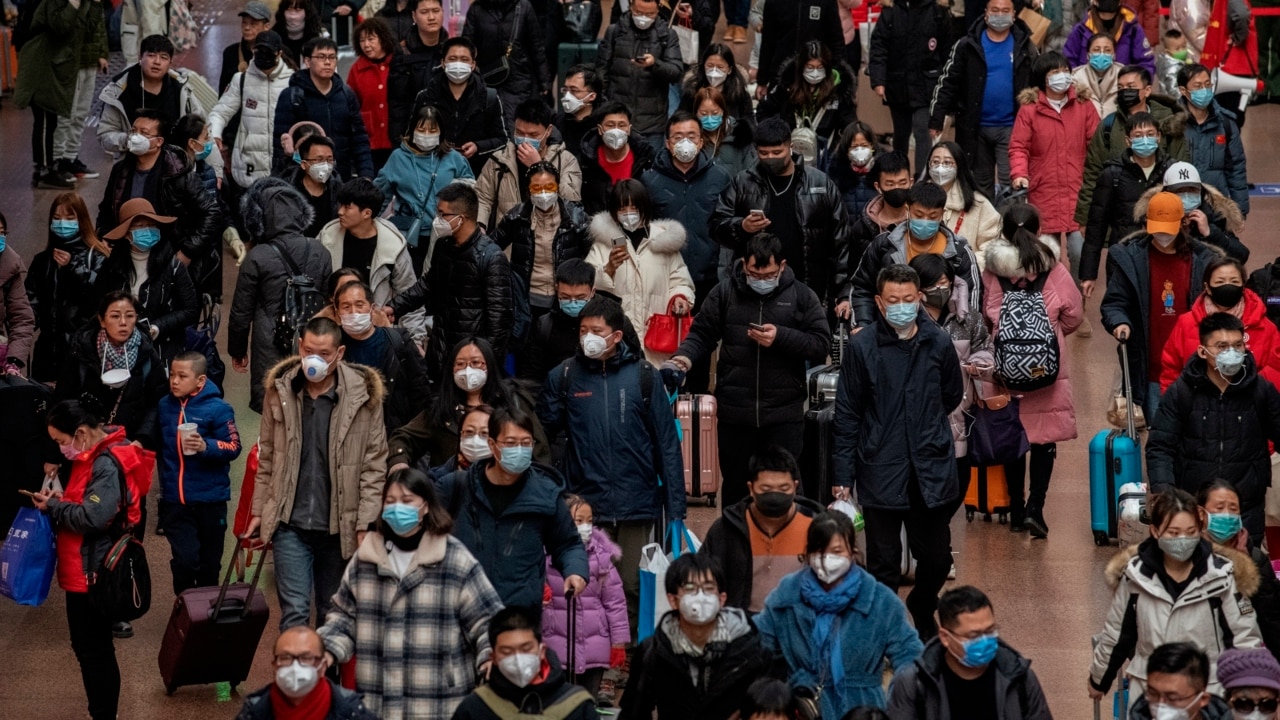
A declaration of a global emergency typically brings greater money and resources, but may also prompt nervous foreign governments to restrict travel and trade to affected countries. Deciding whether an outbreak amounts to an international crisis therefore can also be politically fraught. In 2014, WHO resisted declaring the devastating Ebola epidemic in West Africa to be a global emergency because it feared the announcement would anger Guinea, Liberia and Sierra Leone.
Some 571 people have been infected globally with the new virus and 17 have died in China. The first cases appeared last month in Wuhan, an industrial and transportation hub in central China. Other cases have been reported in the United States, Japan, South Korea and Thailand. Singapore, Vietnam and Hong Kong reported their first cases Thursday
China has decided to lock down five cities that are home to more than 18 million people in an unprecedented effort to try to contain a deadly new viral illness. Authorities banned all transport links from Wuhan yesterday, closing the airport, suspending buses, subways, ferries, and train stations. Similar measures have also been placed in the nearby central Chinese cities of Huanggang, Ezhou, Chibi and Zhijiang.
The airport closure came after a plane left Wuhan bound for Sydney. They came wearing facemasks, arriving in Sydney after being among the last people to leave the city at the centre of the deadly virus outbreak.
As each passenger exited China Eastern Airlines Flight MU749, they were spoken to individually at the air bridge by a NSW government doctor.
LIVE: Press conference on the Emergency Committee meeting on new #coronavirus (2019-nCoV) https://t.co/9bWEOJfLZK
— World Health Organization (WHO) (@WHO) January 23, 2020
All appeared well but it was too early to tell. They were given emergency health contacts in case they fell ill.
While the flight was in the air on Thursday, Chinese authorities had quarantined the megacity of Wuhan from the outside world as international health authorities raced to prevent the spread of coronavirus, even as the number of cases appeared to be increasing dramatically.
Health experts said the extreme measures, including banning 11 million residents from leaving the city, shutting down public transport and requiring the wearing of face masks under threat of jail were unprecedented in infection control.
The official death toll stood at 17, with all victims from in and around Wuhan, although some international observers believe that figure may be an understatement, and about 600 people have contracted the virus. Chinese officials said the average age of those who died was 73, with the oldest 89 and the youngest 48. Some reports said doctors had been infected with the virus.
Australian state and federal health officers held a teleconference on Thursday afternoon and are expected to hold more to decide what further measures could be brought in to reduce the chance of the illness taking hold here. This could include extending screening of passengers from China.
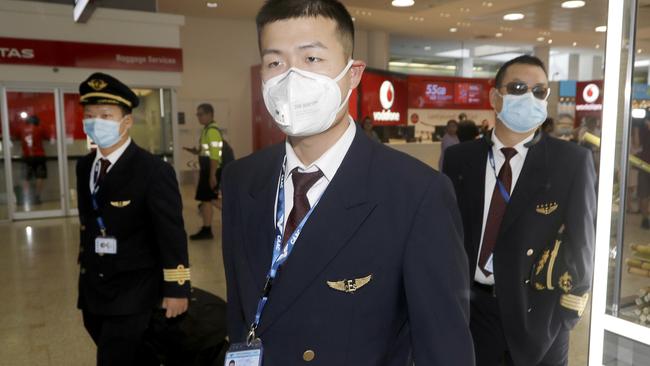
Several suspected cases of coronavirus in Victoria, NSW and Queensland have tested negative, but one person who had been to Wuhan recently was still awaiting test results, NSW chief health officer Kerry Chant said.
NSW Health Department staff did not find any unwell people as they screened passengers on the last direct flight from Wuhan to Sydney.
One of the NSW government doctors, Anthony Zheng, who speaks Mandarin, said he and his colleagues had spoken to every passenger at the air bridge after China Eastern Airlines Flight MU749 arrived, and looked for flu-like symptoms. All passengers were given fact sheets about the disease and emergency health contacts in case they fell ill.
Passengers arriving in Sydney said everyone on the flight was wearing a face mask, including the crew, and many reported having had their temperatures taken.
That screening appears to have taken place in Wuhan.
Kevin Ouyang, 40, who lives in Sydney, spent one night in Wuhan for business travel and was one of the passengers on MU749.
He said it was frightening to spend time in the city at the centre of the deadly virus.
“I stayed in my hotel room the entire time,” he said.
Mr Ouyang said passengers were tested for symptoms when departing Wuhan airport, and he was astounded the Chinese authorities had isolated Wuhan.
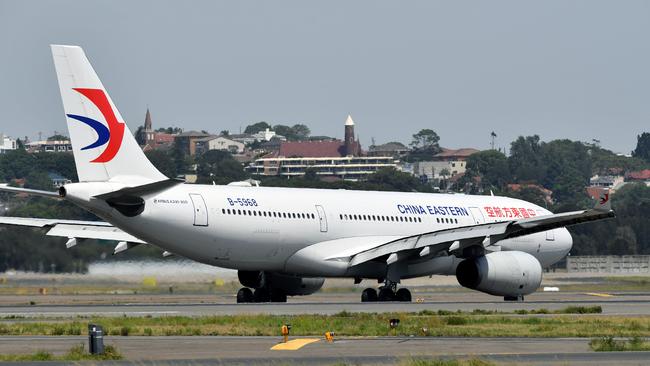
The Chinese government is urging citizens not to leave the city in the absence of “special circumstances” and has imposed strict measures such as requiring all Wuhan residents to wear face masks in public. “Those who disregard the warning will be punished according to relevant laws and regulations,” a government notice said.
Police, SWAT teams and paramilitary troops guarded Wuhan’s train station as last-minute travellers arrived, with only those holding tickets for the last trains allowed to enter. At 10am, metal barriers blocked entrances while helpless would-be travellers were turned away, with some complaining they had nowhere to go. Train stations, the airport, subways, ferries and long-distance shuttle buses were closed, according to the state Xinhua News Agency.
Gauden Galea, the WHO representative in China, said: “To my knowledge, trying to contain a city of 11 million people is new to science. It has not been tried before as a public health measure. We cannot at this stage say it will or it will not work.”
Australia’s chief medical officer, Brendan Murphy, said while he was pleased no sick passengers had been discovered on Flight MU749, the fact the incubation period could be up to 14 days meant some might be carrying the virus but not yet showing symptoms. Professor Murphy said scientists were developing a quicker, one-step test to diagnose the coronavirus.
Additional reporting: agencies

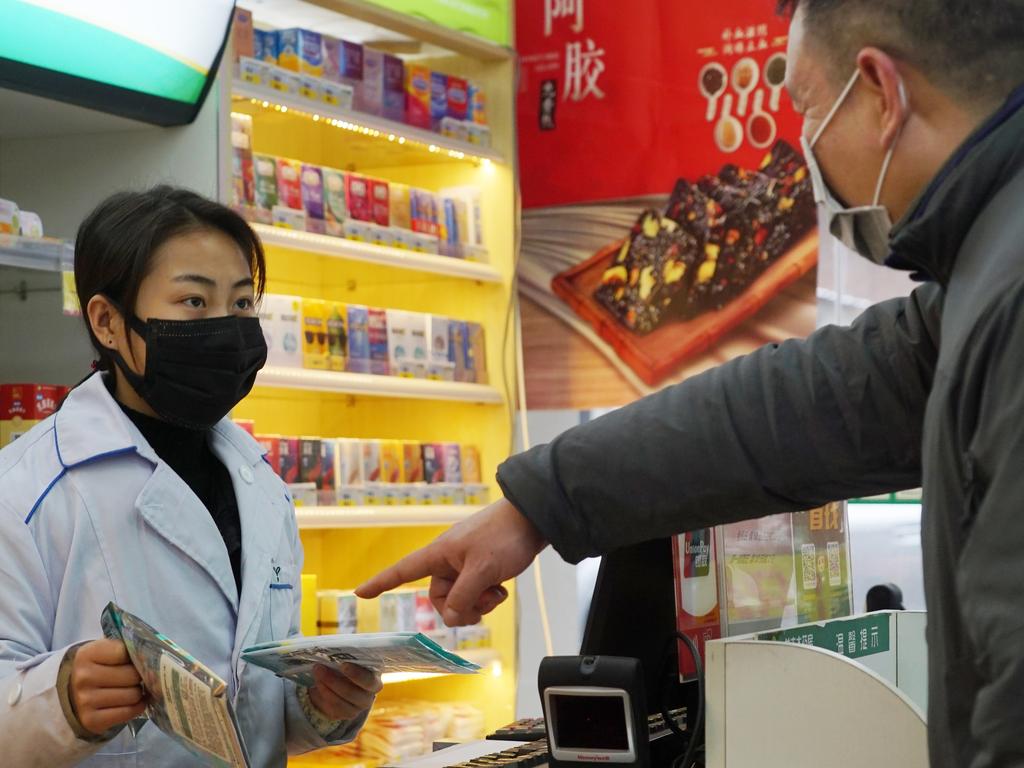

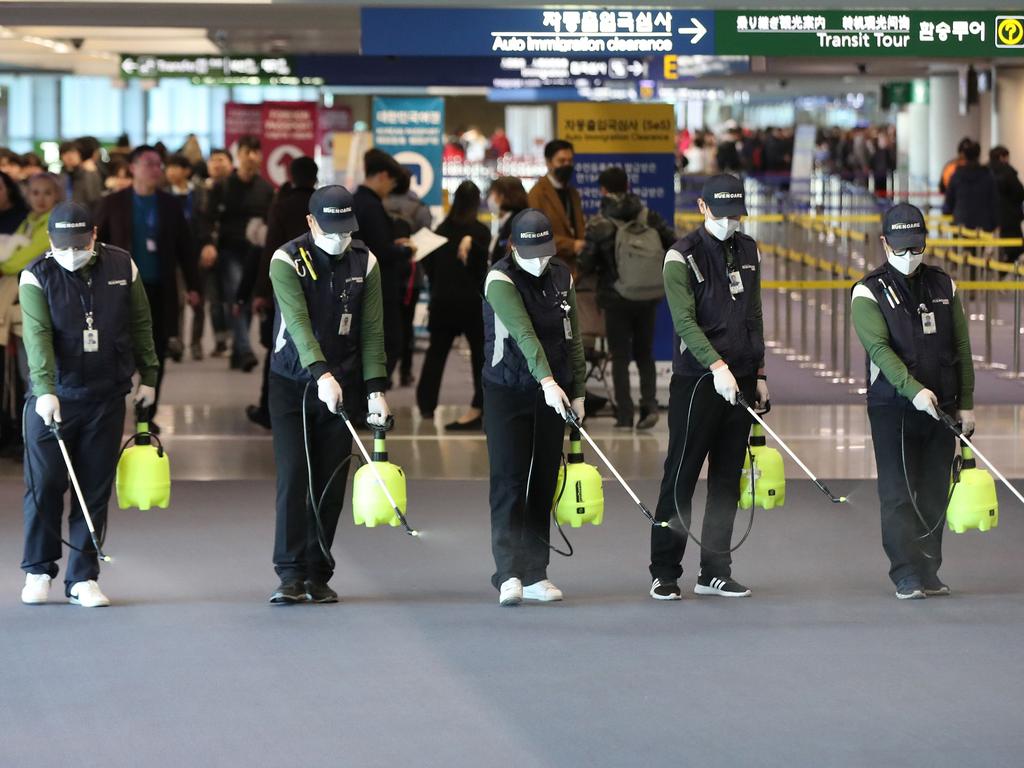
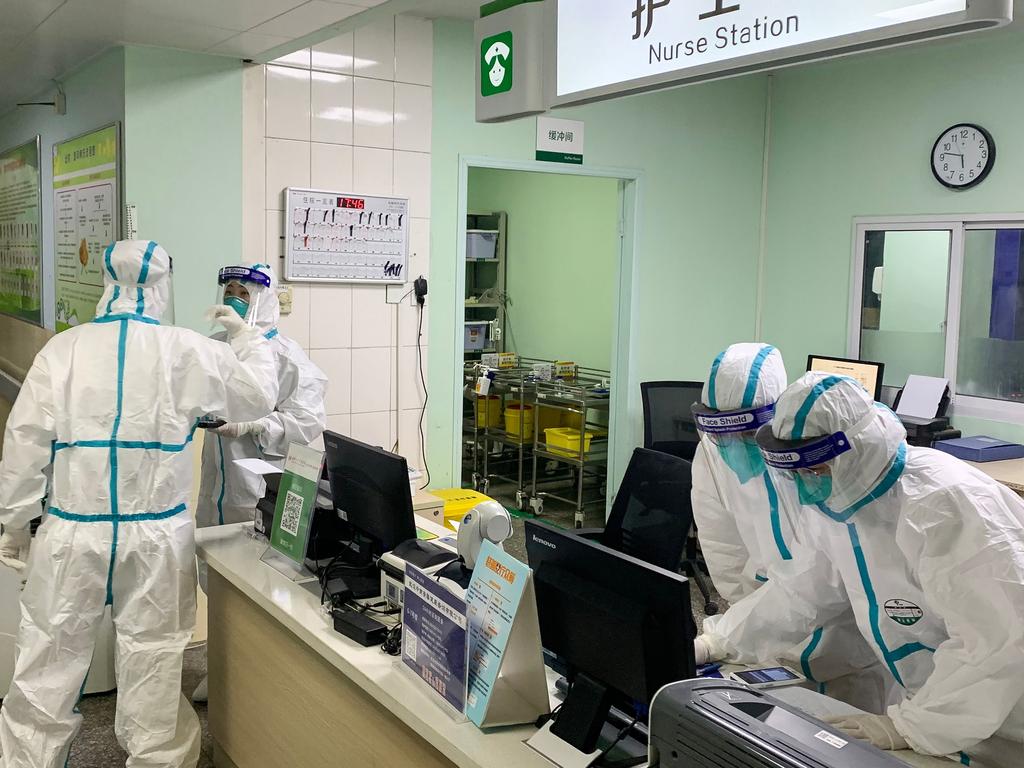


To join the conversation, please log in. Don't have an account? Register
Join the conversation, you are commenting as Logout